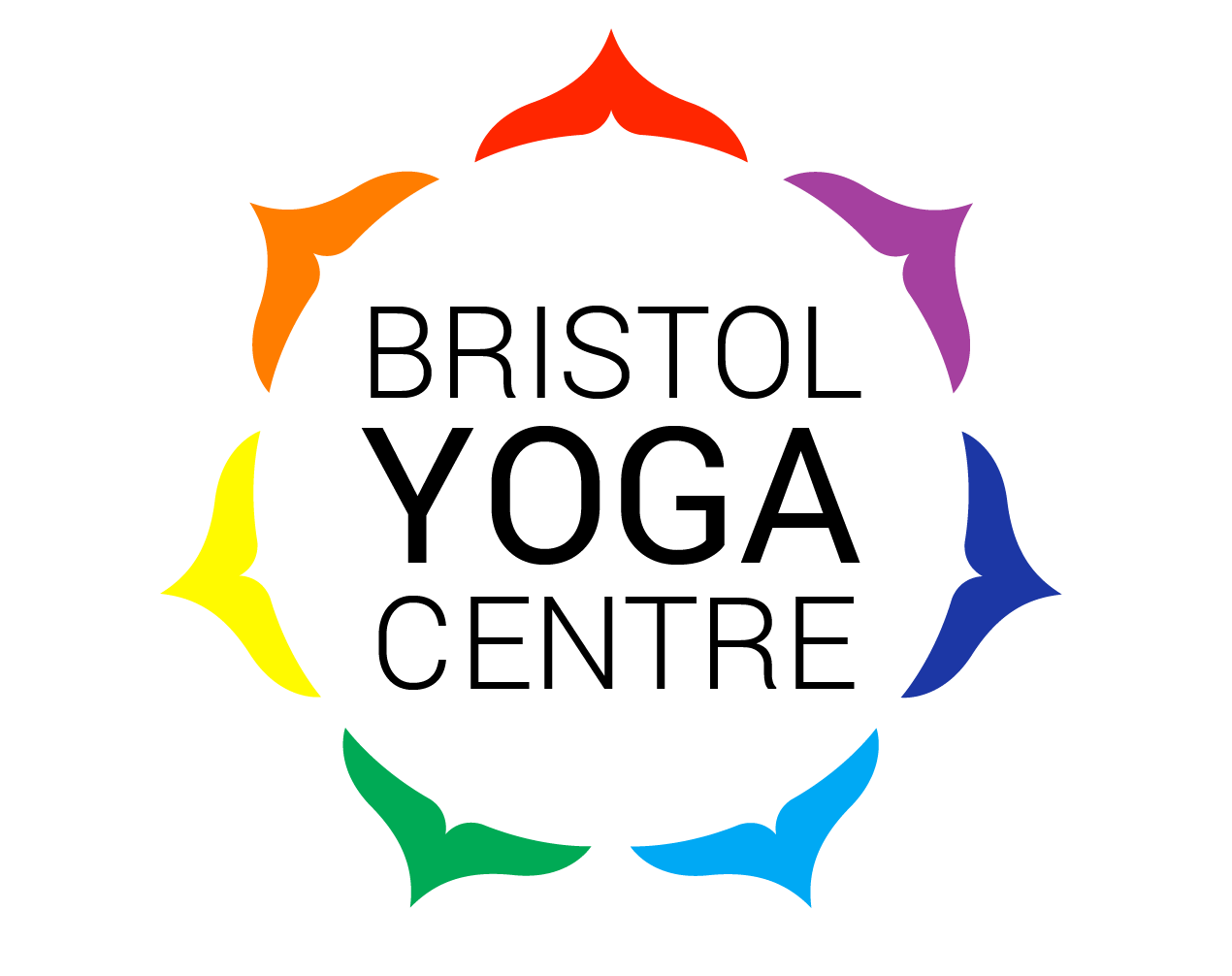The other day, I was listening to the Music Planet on BBC radio 3 and the presenter, Lopa Kathari described one of the songs as having sense of joy and fun. Those words struck me as I often felt that we could benefit from having these qualities in our yoga practice as well.
Joy is defined as ‘a feeling of great pleasure and happiness’. The term fun suggests, light-hearted pleasure or entertainment. Perhaps, this is one of the reasons why we undermine them, but I would argue that it’s essential for development and learning. I also believe we deserve to feel pleasure and happiness.
When we were young, we moved naturally and easily. Children are innately motivated by pleasure and excitement of movement, so that they can intuitively explore, interact, and develop. For movement is primary and existed long before language. We now know that play is essential for our cognitive, physical, social, and emotional well-being. As the National Institute for Play says:
‘Movement play makes kids stronger, more coordinated, more knowledgeable, and more emotionally competent. This is especially true when movement play activities are freely chosen and self-directed by the youngster as in free play’.
It’s not surprising that self-directed ‘free play’ is significant as it harnesses creativity and imagination. In children, imagination plays a vital role in brain development and as we’ve seen in the discovery of neuroplasticity, it’s also important in adults. Imagination aids better memory, creativity and problem-solving skills.
As we grow up and become more self-conscious, joy in movement seems to disappear and we often begin to feel less connected to our body. To make matters worse, we can wrongly assume that we’re no longer good at physical activities through our inability to enjoy rule-based sports and structured exercises.
I experienced this first hand when my eyesight became poor when I was young. My hand eye coordination became worse and movement-oriented activities became challenging. I started to believe that I’m not good at physical activities and avoided doing them. These beliefs stuck with me until I started to practice yoga in a kind compassionate way and over time, I’ve managed to rekindle my love of movement again.
When I’m doing yoga in an explorative manner, it’s much easier to feel connected to my body and lose track of time. It’s very similar to the way that I felt when I was playing. Whereas when I’m focusing on getting certain moves or postures ‘correct’, it’s very easy to feel frustrated and time even seems to slow down!
It's important to have discipline and commitment to our yoga practice but it’s also essential to have some fun - they don’t need to be mutually exclusive. Enjoyment is one of the key factors that fuels my daily practice. I believe that we can benefit from finding more joy in movement.


